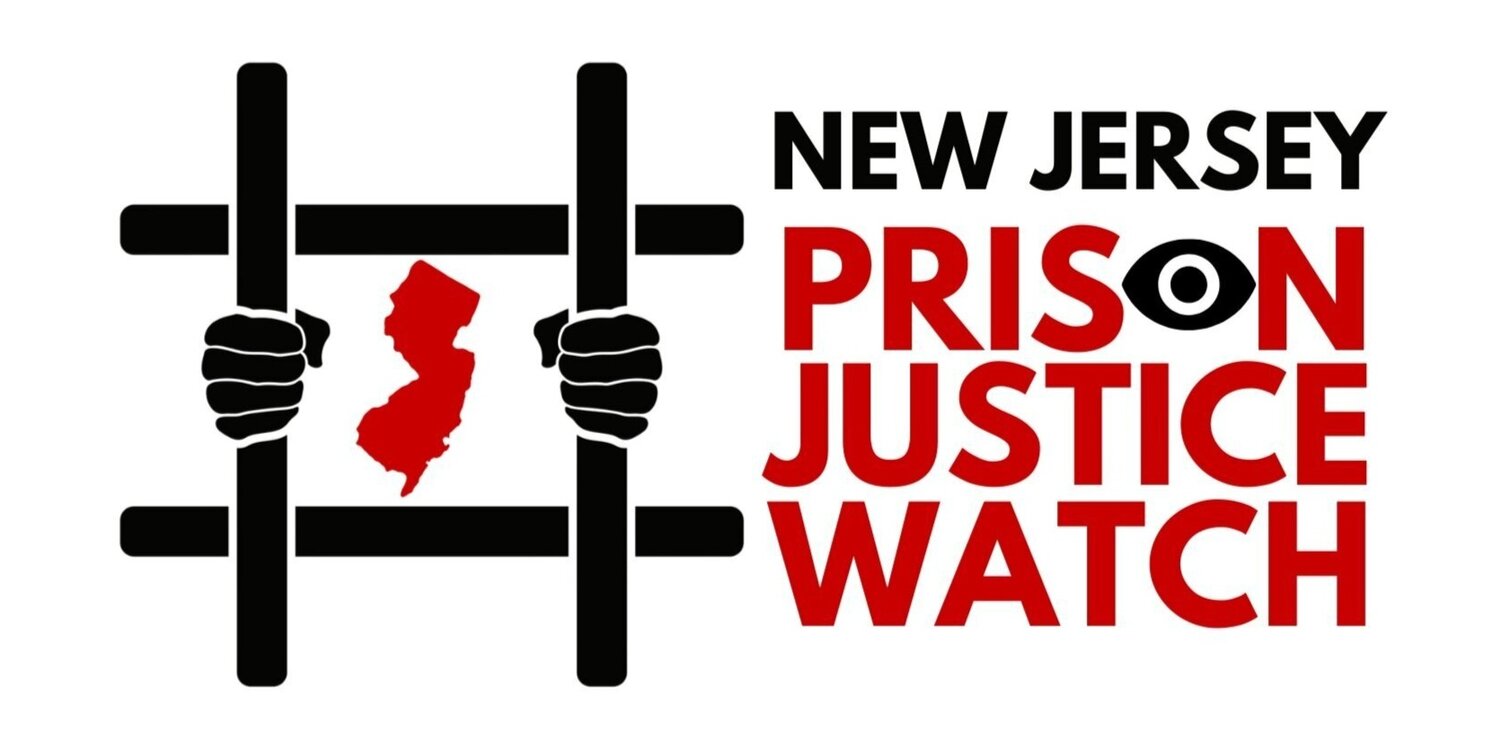Torture by other names...
Isolated Confinement is a term that refers to the practice of housing prisoners in "solitary confinement" cells, the dimensions of which amount to a typical household bathroom (about 50 square feet). In the United States, the country that locks up far more of its own citizens than any other country in the world, isolated confinement is used widely throughout the different levels of its correctional systems: from federal prisons, to state prisons, to jails, juvenile facilities, and immigration detention centers. While one day spent in close confinement is a hardship, U.S. prisoners housed in isolation, alone or with a bunkmate, remain confined for an average of 23 hours a day, for weeks, months, and often years at a time.
This practice has been thoroughly condemned by national and international human rights bodies, by medical and mental health professionals, by leaders of faith communities, and most loudly by those who have survived this trauma and who live with its lingering after-effects. The United Nations Special Rapporteur on Torture equated the U.S. application of isolation to torture. This bleak description has been corroborated by countless testimonies of current and former prisoners, many made public through advocates like the American Friends Service Committee and Solitary Watch.
Yet despite the many alarming facts about isolated confinement, New Jersey continues to rely on this practice to house roughly 1,500* prisoners on any given day. And while the conditions and duration of these prisoner housing units remain the same, department administrators and state officials are able to deny that isolation exists due to its different monikers and justifications: "restricted room engagement," "administrative segregation," "disciplinary segregation," "management control units," "special needs units," "voluntary and involuntary protective custody," etc. Given the fact that New Jersey ranks dead last among all U.S. states in racially disproportionate sentencing rates, advocates strongly infer that communities of color are impacted disproportionately by these ongoing torture practices.
The time to end prisoner isolation, in all its forms, and develop humane alternatives is now. Join NJ-CAIC in working toward a torture-free New Jersey.
To learn more about isolated confinement, or to view educational resources, visit our resources page.
*1,500 figure according to an emailed memorandum from the Department of Corrections in 2016 acquired by the New Jersey Campaign For Alternatives to Isolated Confinement.

